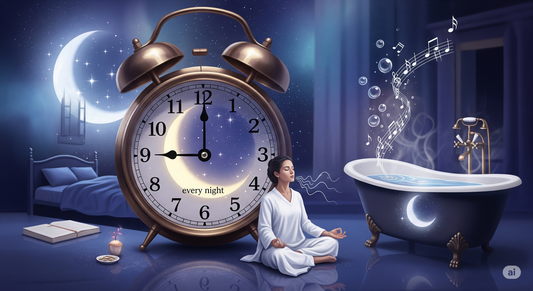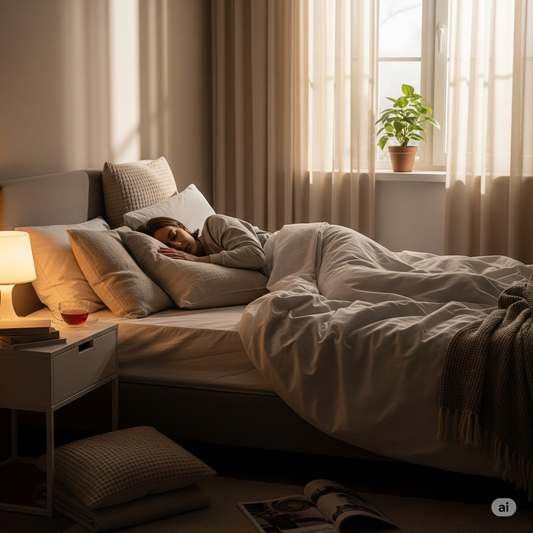
The Hidden Cost of Social Media: How It Affects Our Sleep
Social media has become an inseparable part of modern life, connecting people across the globe, providing entertainment, and serving as a vital source of information. However, this ever-present digital engagement comes with a price, particularly when it comes to our sleep patterns.
Screen Time and Sleep Disruption
Excessive use of social media before bedtime is one of the primary culprits behind poor sleep. Studies show that exposure to blue light emitted by screens suppresses the production of melatonin, the hormone responsible for regulating sleep. As a result, scrolling through social feeds at night can delay the onset of sleep and reduce overall sleep quality.
The Trap of Endless Scrolling
Social media platforms are designed to keep users engaged, often leading to "doomscrolling" or endless browsing late into the night. This behavior not only cuts into valuable sleep time but also overstimulates the brain, making it harder to wind down and relax.
Emotional Impact and Sleep
The content consumed on social media can also play a role in disrupting sleep. Negative or emotionally charged posts, as well as exposure to unrealistic standards of beauty or success, can lead to stress and anxiety, further interfering with restful sleep.
The Ripple Effect on Health
Poor sleep caused by excessive social media use has far-reaching consequences. From decreased productivity and impaired cognitive function to increased risks of mental health issues like depression and anxiety, the impact is profound. Long-term sleep deprivation is also linked to serious health conditions such as obesity, heart disease, and diabetes.
Practical Solutions
To mitigate the effects of social media on sleep, consider the following strategies:
- Set a digital curfew by avoiding screens at least an hour before bedtime.
- Use night mode or blue light filters on your devices.
- Establish a relaxing bedtime routine to signal your body that it’s time to sleep.
- Limit social media use during the day to reduce dependence.
Balancing the benefits of social media with the need for quality sleep is essential for maintaining both mental and physical health. By adopting healthier habits, you can enjoy the perks of staying connected without sacrificing your well-being.
Sources
-
National Sleep Foundation
- Research on the effects of screen time and melatonin suppression.
- sleepfoundation.org
-
Harvard Health Publishing
- Insights on blue light and its impact on sleep.
- health.harvard.edu
-
Journal of Sleep Research
- Studies on social media use and its relationship with sleep deprivation.
- onlinelibrary.wiley.com







